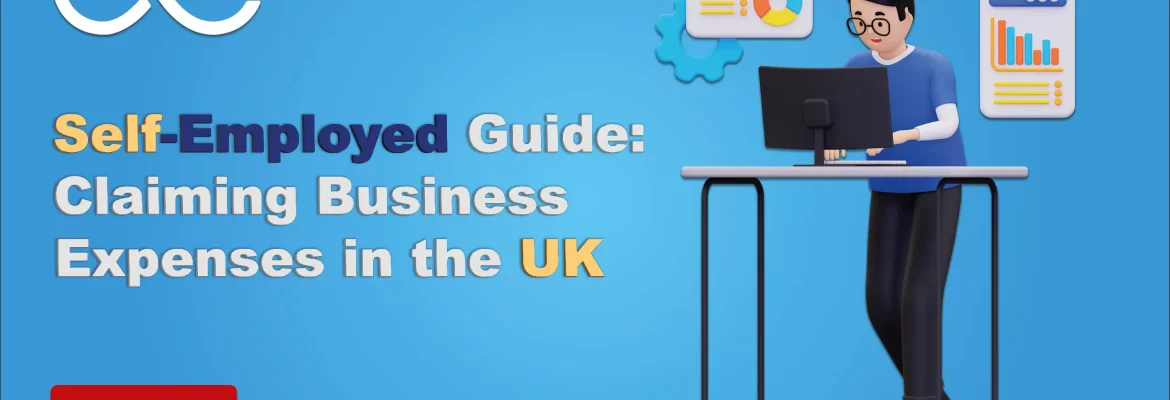Introduction Being self-employed in the UK comes with the freedom and flexibility to run your own business. However, it also means taking on additional responsibilities, such as managing your finances and understanding the intricacies of tax regulations. One essential aspect of running a business is claiming business expenses, which can help reduce your taxable income […]

